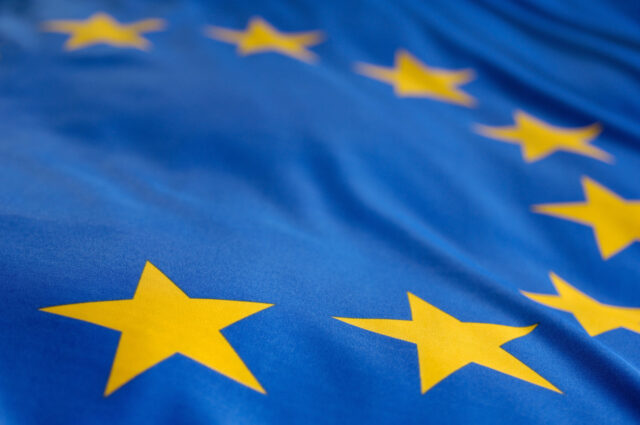More than half of the 850 procurement leaders in the US, UK, and Europe surveyed earlier this year could not claim to be “very confident” in their organisation’s ability to accurately report Scope 3 emissions, according to a new study conducted by Sapio Research and commissioned by Ivalua.
While 48% of leaders were confident in the accuracy of their companies’ reported emissions figures, nearly two-thirds (62%) of leaders surveyed admitted that “reporting on Scope 3 emissions feels like a ‘best-guess’ measurement.”
A significant majority of the organisations were confident that they are on track to meet net zero targets. However, the report also found that many don’t have plans in place for:
- Adopting renewable energy (78%).
- Reducing carbon emissions (68%).
- Adopting circular economy principles (72%).
- Reducing air pollution (67%).
- Reducing water pollution (63%).
Procurement’s role
It has long been recognised that procurement has a vital role to play in the reduction of environmental impact in organisations’ supply chains, with as much as 90% of a company’s emissions falling within the Scope 3 band.
“Organisations are aware they must urgently address sustainability and understand the cost consequences of not doing so. But this lack of confidence paints a negative picture,” comments Jarrod McAdoo, Director of Sustainable Procurement at Ivalua.
“A lack of perceived progress could fuel accusations and fears of greenwashing, so it’s important to remember that obtaining Scope 3 data is part of the natural maturation process. Many sustainability programs are in their infancy, and organisations need to start somewhere. Estimated data can help determine climate impact and contribute to building realistic, actionable net-zero plans. Over time, organisations will need to make significant progress on obtaining primary Scope 3 data and putting plans in place, or risk financial penalties as well as ruining reputations in the long run.”
Regulatory and public scrutiny continues to mount against both public and private sector polluters. A report released in December highlighted the devastating annual emissions by militaries around the world, finding armed forces to not only be one of the world’s largest fossil fuel consumers (5.5% of all global emissions), but that the US military alone has a larger environmental impact than some developed countries. The scale of military contribution to the climate crisis, in addition to the lack of transparency when it comes to disclosing those figures, is a major issue that is also echoed in the private sector of the civilian world.
Are some companies ‘unintentionally greenwashing?’
In the private sector, both activism and legislation continues to move (too slowly, but it’s a start) against corporations responsible for the climate crisis and pollution. In the UK, the High Court in London ruled that Nigerians affected by oil spills the corporation promised to clean up can bring legal action against the British multinational. The state of California is itself suing America’s largest oil companies for their role in exacerbating and covering up the effects of climate emissions for decades.
More recently, corporations that rank among the world’s largest polluters have been accused of adopting environmentally friendly rhetoric in order to make themselves appear more committed to environmental sustainability than they, in actual fact, are. The practice, known as “greenwashing”, has been criticised by politicians, activists, and members of the scientific community.
McAdoo notes that the inability to accurately report Scope 3 emissions—taking a “best-guess” approach—could be a contributor to organisations looking to avoid unintentionally greenwashing their emissions data by misrepresenting themselves.
“Nearly two-thirds of U.S. organisations agree that an inability to measure supplier emissions accurately makes it hard to turn words into action,” McAdoo continued. “There is a clear need to adopt a smarter approach to procurement. Organisations need granular visibility into their supply chains to ensure they can measure the environmental impact of suppliers but also collaborate with suppliers to develop improvement plans. Only with this transparency can organisations showcase meaningful sustainability progress and avoid accusations of greenwashing.”
By Harry Menear











